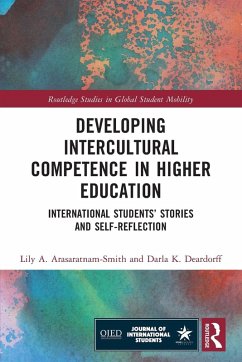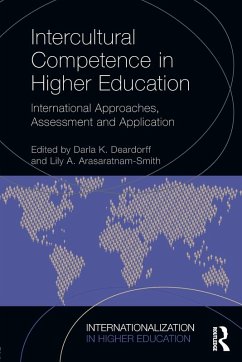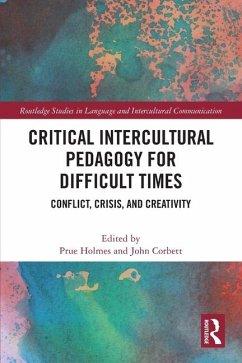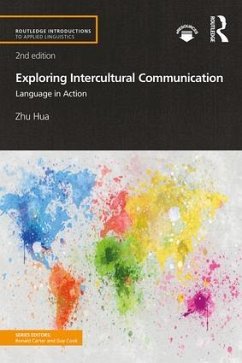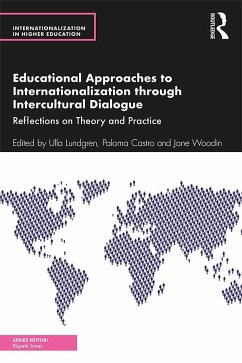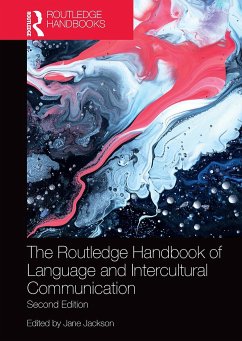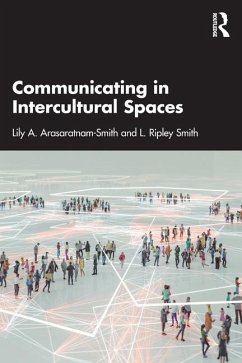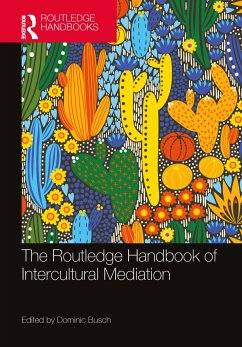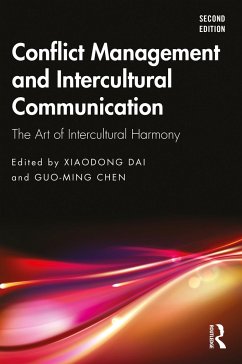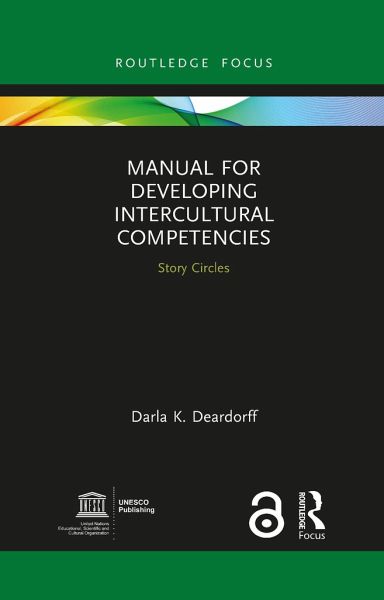
Manual for Developing Intercultural Competencies
Story Circles
Versandkostenfrei!
Versandfertig in 6-10 Tagen
24,99 €
inkl. MwSt.
Weitere Ausgaben:

PAYBACK Punkte
12 °P sammeln!
This book presents a structured yet flexible methodology for developing intercultural competence in a variety of contexts, both formal and informal. Piloted around the world by UNESCO, this methodology has proven to be effective in a range of different contexts and focused on a variety of different issues. It, therefore can be considered an important resource for anyone concerned with effectively managing the growing cultural diversity within our societies to ensure inclusive and sustainable development.Intercultural competence refers to the skills, attitudes, and behaviours needed to improve ...
This book presents a structured yet flexible methodology for developing intercultural competence in a variety of contexts, both formal and informal. Piloted around the world by UNESCO, this methodology has proven to be effective in a range of different contexts and focused on a variety of different issues. It, therefore can be considered an important resource for anyone concerned with effectively managing the growing cultural diversity within our societies to ensure inclusive and sustainable development.
Intercultural competence refers to the skills, attitudes, and behaviours needed to improve interactions across difference, whether within a society (differences due to age, gender, religion, socio-economic status, political affiliation, ethnicity, and so on) or across borders. The book serves as a tool to develop those competences, presenting an innovative adaptation of what could be considered an ancient tradition of storytelling found in many cultures. Through engaging in the methodology, participants develop key elements of intercultural competence, including greater self-awareness, openness, respect, reflexivity, empathy, increased awareness of others, and in the end, greater cultural humility.
This book will be of great interest to intercultural trainers, policy makers, development practitioners, educators, community organizers, civil society leaders, university lecturers and students - all who are interested in developing intercultural competence as a means to understand and appreciate difference, develop relationships with those across difference, engage in intercultural dialogue, and bridge societal divides.
The Open Access version of this book, available at https://www.taylorfrancis.com/books/9780429244612, has been made available under a Creative Commons Attribution-Non Commercial-No Derivatives 4.0 license.
Intercultural competence refers to the skills, attitudes, and behaviours needed to improve interactions across difference, whether within a society (differences due to age, gender, religion, socio-economic status, political affiliation, ethnicity, and so on) or across borders. The book serves as a tool to develop those competences, presenting an innovative adaptation of what could be considered an ancient tradition of storytelling found in many cultures. Through engaging in the methodology, participants develop key elements of intercultural competence, including greater self-awareness, openness, respect, reflexivity, empathy, increased awareness of others, and in the end, greater cultural humility.
This book will be of great interest to intercultural trainers, policy makers, development practitioners, educators, community organizers, civil society leaders, university lecturers and students - all who are interested in developing intercultural competence as a means to understand and appreciate difference, develop relationships with those across difference, engage in intercultural dialogue, and bridge societal divides.
The Open Access version of this book, available at https://www.taylorfrancis.com/books/9780429244612, has been made available under a Creative Commons Attribution-Non Commercial-No Derivatives 4.0 license.





